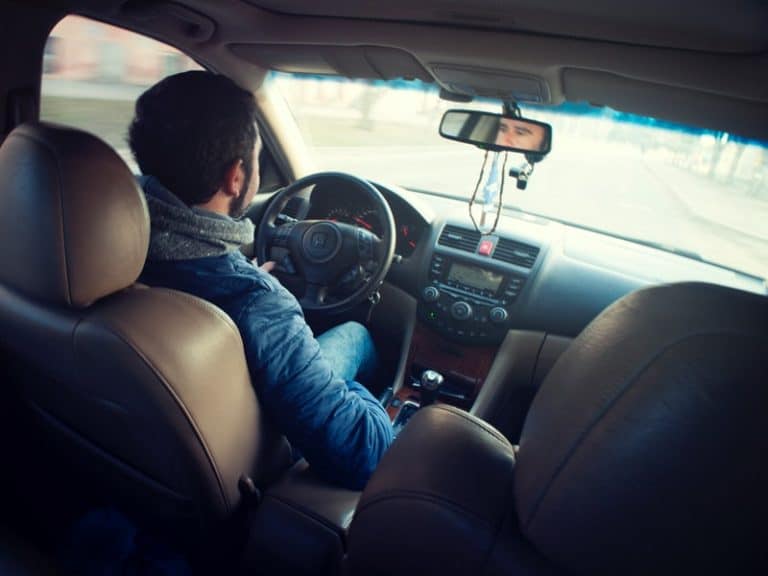

Non-spicy crackers, dry cereal and plain snack bars tend to be safer choices. If you need to eat before you hit the road or will be eating along the way, have your kids eat bland, easy-to-digest foods that won’t upset their stomach. If your road trip is more about getting to a destination than looking at sights along the way, start your trip late at night, very early in the morning or at your kids’ usual nap times so that they are asleep for a good portion of the trip. If your child gets car sick, play games that require looking out of the car instead of giving them activities that require them to look down. While books, games and movies are terrific ways of keeping kids occupied during long car trips, they can also contribute to carsickness. If you know for sure which child is more prone to motion sickness, have them sit in the middle seat so he or she can have a clear view out the front windshield if needed. The good news is, regardless of whether you know for sure if you’re kids will become car sick, you can take steps to prevent this motion sickness. What’s not easy to explain is why some kids-even in the same family and under the same conditions-may get motion sickness and some may not. Their body is sitting still, but their inner ears are telling the brain there’s movement, sending conflicting information to the brain that can cause motion sickness-nausea, vomiting, cold sweats and more.


A child’s inner ears may sense the motion of the car, but their eyes, focused on a book or digital screen in front of them, may not. First, some things you should know about carsickness:Ĭarsickness tends to happen in children more than adults, which is no surprise given that young kids can’t see past the seats in front of them. No one wants their memories to include getting sick in the car, so here are some tips to get your road trip off to a great start. Road trips with the kids are a chance to make memories your children will never forget.


 0 kommentar(er)
0 kommentar(er)
